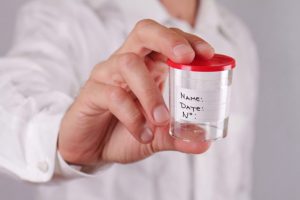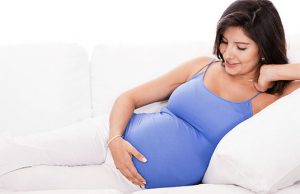Why Do Women Become Less Fertile As They Age?
Even though most women are aware of this fact, many underestimate the extent of the decline in fertility with age. Some women think that because they are in good health and take care of their body, they are not as susceptible to the effects of age on fertility. Perhaps that’s due to maternal optimism. But on a practical note, such a misconception can make it harder to conceive later in life. It is estimated that a woman aged 25 or younger take two to three months to get pregnant, whereas it takes a woman aged 35 or older six months. This is also born out in women having artificial insemination, with a 25-year-old or younger having an 11 percent monthly chance of pregnancy while a woman 35 or older has only a 6.5 percent chance. There are several reasons for this decline in fertility.
- It’s not only the woman that ages, but her eggs as well. Women are born with a finite number of eggs, and no new eggs are produced as the woman gets older. The best quality eggs are released when the woman is younger.
- As eggs age, the chance of abnormal division and/or abnormal fertilization increases. It’s fortunate that most abnormally fertilized eggs do not survive because those that do can cause miscarriage and genetically abnormal babies.
A woman’s eggs mature in fluid-filled follicles, and at birth, a woman has roughly a million of these follicles. At puberty, she has about 400,000 but only about 400 of these will be ovulated during her reproductive years. The majority of follicles degenerate in an ongoing process called atresia. The result is a progressive decrease in the number of follicles and eggs in the ovary. As a woman’s age increases so do the proportion of menstrual cycles that are anovulatory, meaning ovulation does not occur. Evidence suggests that the endometrium, the lining of the uterus, may become less receptive as women age. Even if the embryo is ordinary, the odds of it implanting in the uterus have been not reduced. Incidences of endometriosis and fibroids growth with a female’s age. Both these conditions are associated with infertility. Those are the principal reasons why women’s fertility will diminish as they age. There are two classes to choose from this understanding, distinct categories but equally legitimate. Another is because of the variables, lots of women are deciding to suspend their eggs when they’re young so that they have higher odds of conceiving when they’re elderly utilizing the eggs maintained when they’re younger.






